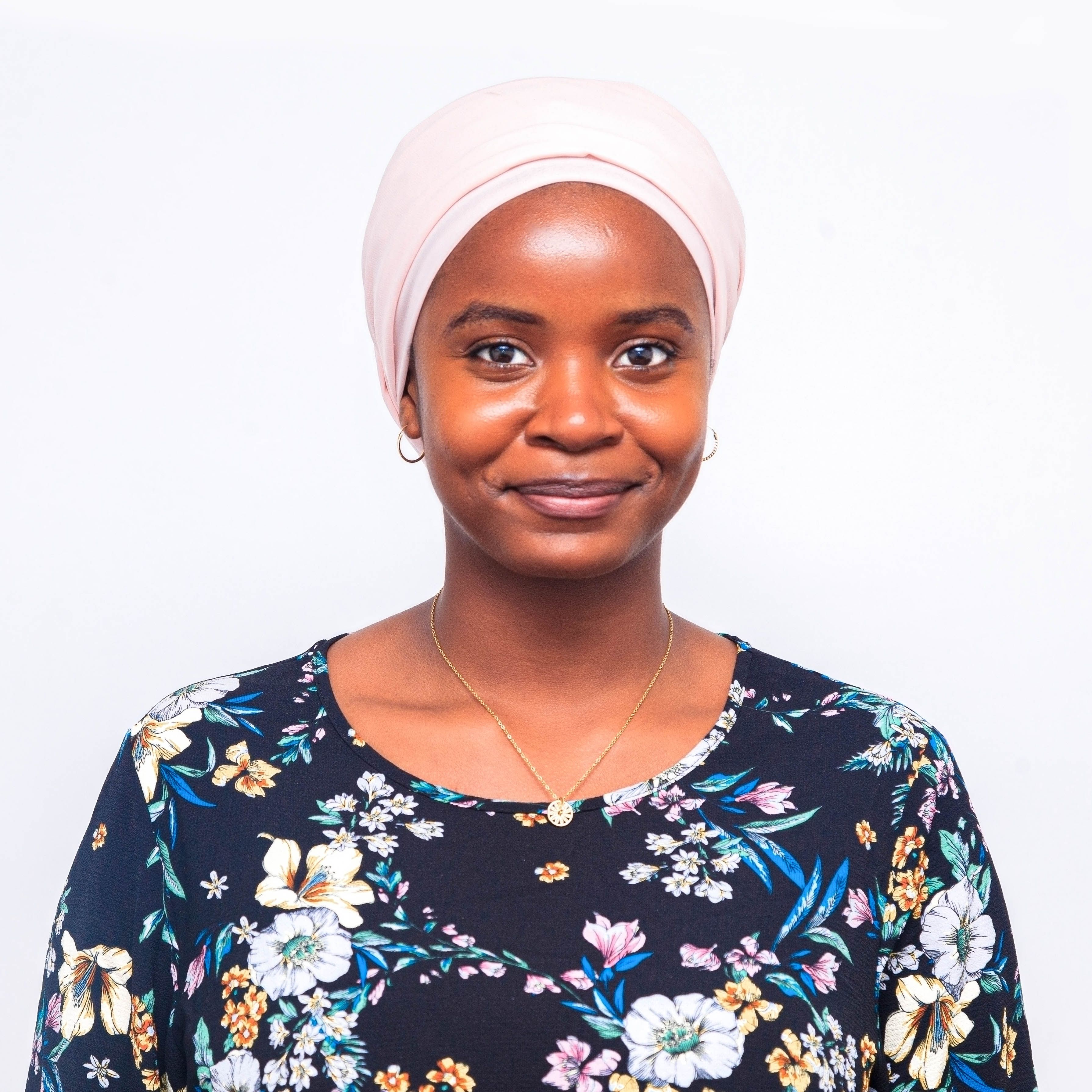Excerpt
From memes to movements, Tanzanian youth are redefining culture through their screens. Social media platforms like Instagram have become spaces of humor, creativity, community, and identity. This shift marks more than just a digital trend. It's a cultural reset.
Gone are the days when we would huddle around the television for a dose of the evening news every day, or wait for the daily newspaper to get a gist of what was going on in the world. Now, with the rise of social media, traditional media is slowly becoming obsolete. Many of the once-so-popular media channels have been replaced by Instagram, TikTok, Facebook, Snapchat and the like. Young people are, more than ever, relying on social media for information, community, and even entrepreneurship.
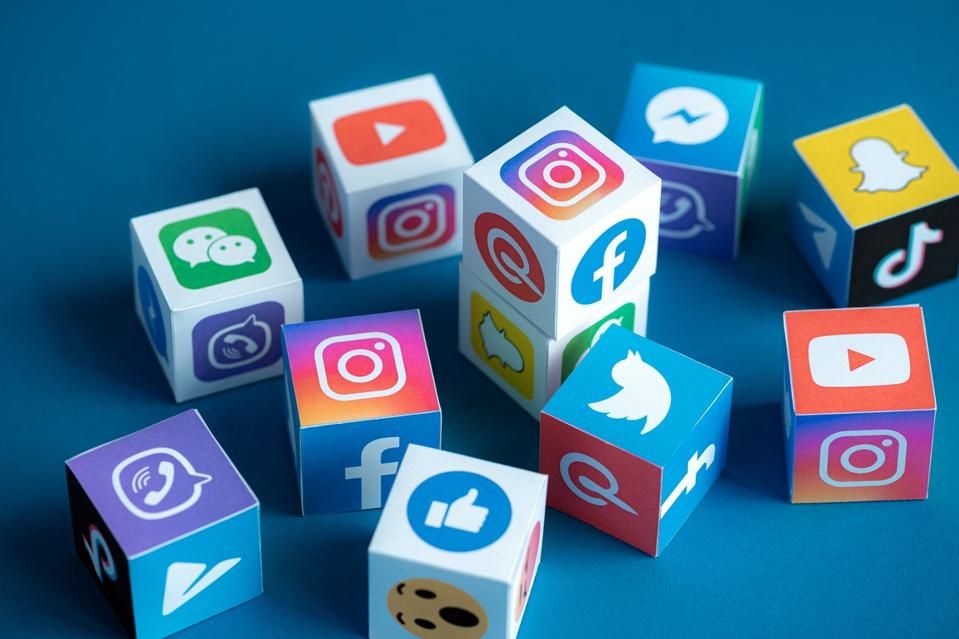
In the future, social media will become more targeted at delivering more sites for specific interests based on consumer needs. Source: Forbes magazine
In a predictable yet interesting way, younger generations are rapidly evolving out of traditional media and into more innovative communication methods like social media. Perhaps due to its convenience, or the fact that they are the new digital natives, social media has become an essential part of young people’s lives. In fact, it is a common idiom now that one should have just as much of a digital presence as they do a physical one. In fact, some key figures in the online personal branding space have gone as far as to claim that a digital presence is far more important than a physical one.
Ileana Rivera, the senior director of global content and collaboration services at Cisco, for example, who is responsible for the technology and computing needs of more than 70,000 worldwide employees at Cisco, argues that these days, first impressions happen online. “We used to meet other people face-to-face, but now we Google each other and search LinkedIn to get a sense of who someone is.” This is because, with the increased access to the internet, people are more likely to find information about anything online than through real life interactions.

The importance of digital presence in our current time. Source: University world news
During its early years, social media was nothing but a few casual online platforms for people to connect and share their lives - birthdays, weddings, graduations and the like. Slowly, it evolved into a populated virtual space where people express their opinions, careers, art, events, influence, products and services.
Over the years and across platforms, social media has turned into a complex component of personal branding, an advertising platform, and a community building space, a socio-political podium, and an avenue of self-expression - all in one. This is likely because the growing young audience on social media platforms have prompted some pretty significant shifts.
For example, in the early days of Facebook or MySpace, users primarily posted updates to keep in touch with friends and family. Now, platforms like Instagram, LinkedIn, and TikTok encourage individuals to develop and market a personal brand. We craft our online personas with strategy; from carefully edited photos to niche content themes.
The rise of the influencer economy on Instagram and TikTok, as well as the monetization of attention, have made personal branding valuable. Additionally, social validation metrics (likes, shares, comments) encourage many social media users to curate their content more carefully.
While ads were originally occasional and felt like interruptions, social media has leveraged native advertising, influencer sponsorships and algorithmic recommendations to blur the line between content and commerce through their ad-targeting tools and integrated shopping features.
Even with regards to politics that were originally mostly offline, platforms have pivoted to showcase protest movements, discourse and political influence. Movements such as #MeToo and #BLM would not have impacted as many people as they did if it was not for their social media influence.
Needless to say, our relationship with social media is fundamentally changing. As users, we have grown savvier, but also more entangled. Platforms shape our behavior, our beliefs, our buying habits, and even our identities.
The consistent metamorphosis of social media channels can only be credited to the younger generations - particularly Gen Z and Gen Alpha. As with everything else, young people have managed to reevaluate social media and transform it to be a canvas of their own. Social media has become an extension of people’s personal lives, and somehow, has managed to capture the intricacies and diversities of its users quite effectively.
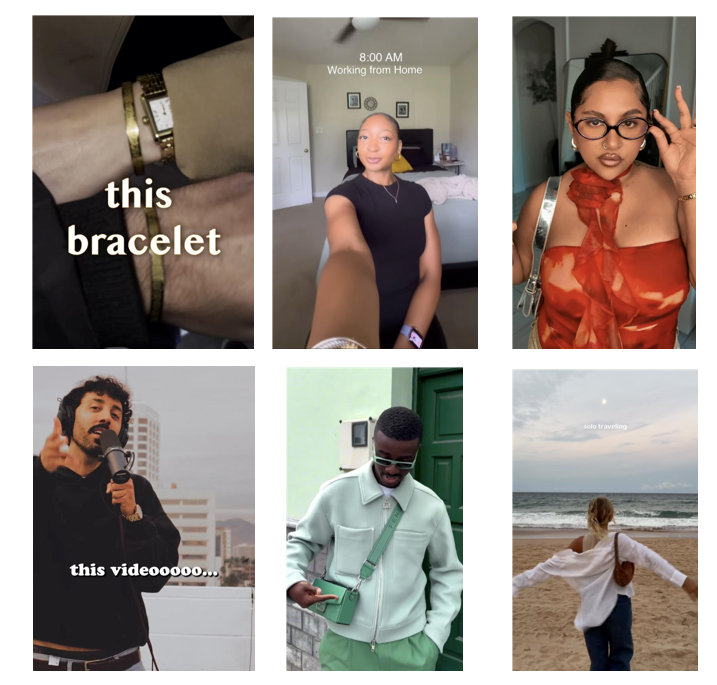
Various forms of content on social media Source: Instagram.com
Instagram, for example, has become perhaps one of the most saturated and diverse social media platforms, with over 75 million users in Africa alone. Across the platform, users share various aspects of their lives, work, relationships, thoughts, and creative pursuits. Many young people are comfortable sharing their genuine thoughts and experiences online now more than ever. This has undoubtedly contributed to the social media landscape as it is now.
One of the most authentic representations of youth expression on social media in Tanzania is the Instagram page Tanzanian Dictionary. Having started in August 2021, during the wake of the COVID-19 pandemic, Tanzanian Dictionary garnered massive popularity right at the start by posting sarcastic definitions to common Tanzanian phrases. Having related to so many people that found such content not entertaining and true, the platform extended to posting memes and other engaging content like playlist suggestions and community questions. As expected, their audience loved it! The comments under these posts are filled with people sharing their experiences with these funny encounters and tagging their friends, garnering even more of an audience for the account.
Where this platform really hit the nail on the head was at their introduction of the ‘confessions’ segment. For a few weeks, Tanzanian Dictionary posted a question sticker on their Instagram story asking their audience to confess an experience or respond to a probing question - something like “what’s the dumbest thing you ever did for love?” or “what are your deepest darkest concerns and secrets?”, or even simple prompts like “let it all out”. The profile then shared some of the audience’s responses for the rest of the viewers.
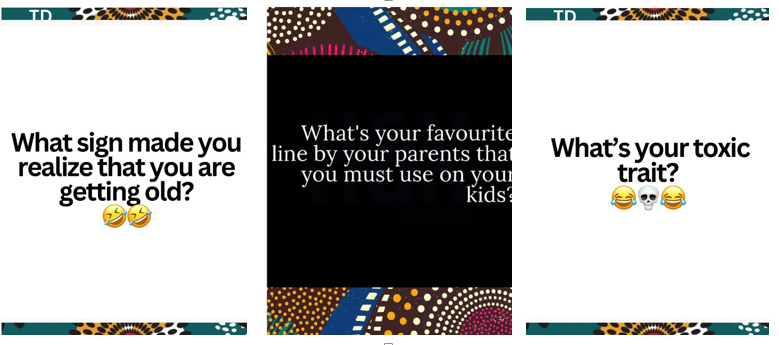
Posts by page on Instagram. Source: Tanzanian Dictionary
Long story short, people are not afraid to share their real selves on the platform. Hundreds of profiles responded with their most unfiltered stories and experiences, no matter how bizarre and inappropriate they seemed. With each passing week, there would be more and more responses, from people who have gone through similar or even more extreme circumstances. It is incredibly interesting how people are willing to share so much of their personal details online and find a community of people that understand and even relate to them.
The case of Tanzanian Dictionary truly represents a cultural reset. What started off as a photo sharing app has now turned into a community of para-social youth relationships that provide a space and community for people to be vulnerable without fear of being judged? In its three years on Instagram, Tanzanian Dictionary has amassed over 50,000 followers – a number that is certainly destined to grow exponentially over the next few years.
While such quick and consistent growth and popularity is not common on Instagram, Tanzanian dictionary was not the only page that struck Tanzanians in such a unique way. Entrepreneurs and creators everywhere have managed to curate niche spaces on social media that have garnered massive community members and are influencing Tanzanian youth, arguably more than any other media forms.
Topsy store, for example, is an ecommerce business that leveraged the power of social media to grow into the empire that it is today. Established in 2022 as an online jewelry business, Topsy shared their passion for quality accessories and content creation by sharing jewelry inspiration and tips. As the business slowly grew, they consistently posted engaging content for their audience to respond to, vote or join exclusive offers, while also simultaneously posting product sales and promotions.
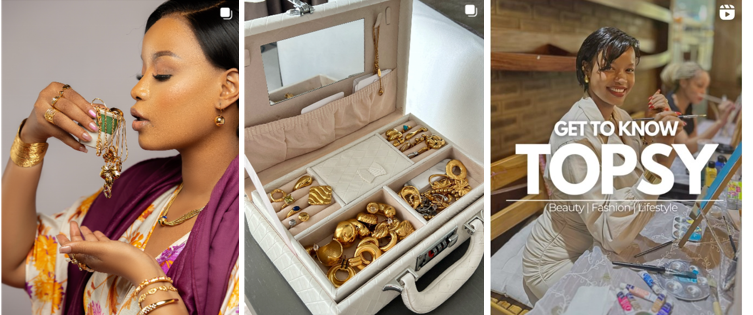
Some shots from the store's Instagram page. Source: Topsy Store
What was initially a social media engagement strategy quickly became the key driver of loyal customers - Topsy used their audience’s comments, messages and insights to inform their products. From full jewelry sets, to exclusive drops and custom designs, Topsy quickly scaled in the market. Through Instagram only, they were able to build a massive customer base and even larger influence with over 55,000 followers.
When Topsy launched a store-front in 2023, their brand only grew exponentially through their excellent customer service and product knowledge. To this day, Topsy remains one of the most successful women-owned businesses in Dar es Salaam, Tanzania. And with the pattern they have displayed over the past few years, their reputation looks very promising for the future.
Building an abstract brand or business on social media is one thing. However, building a personal brand is a whole another feat - at least as illustrated by one of the fastest growing lifestyle influencers in Tanzania. People that use social media are drawn, more than anything, to other people on social media. The existence of para-social relationships is the whole rationale behind influencers - people are likely to be influenced into making decisions by other people.
In every corner of the world, the importance of building a personal brand on social media cannot be overstated. This has best been showcased by Redemptha William Nsanzugwanko, known online as red_higo, a Dar es Salaam based storyteller and content creator.
Red started her journey on social media like many others, sharing highlights of her life, family, and career. As her passions and interests grew, so did her content. She shared about her involvement with local organizations such as Zola Tanzania and Global Alliance for Improved Nutrition. Her content immediately struck her audience as passionate and authentic to her – and they were immediately hooked.
In 2020, Red committed to sharing her life on Instagram consistently. She shared content about her career, friendships, travel, faith, fitness and personal development. During the 2020 lockdown, she attracted an even wider audience, undeniably with her big smile and confident attitude. She was a refreshing authentic figure in a sea of picture-perfect influencers. Her platform quickly struck people as a space for like-minded thinkers to stick around. Her audience has described her as “a beacon of light”, “such a vibrant and positive energy, and “the only Tanzanian influencer [they] follow”. Clearly, Red’s passion shines through her content and attracts people that resonate with it. It is very evident that she is not interested in curating an image, but sharing what makes her unique.
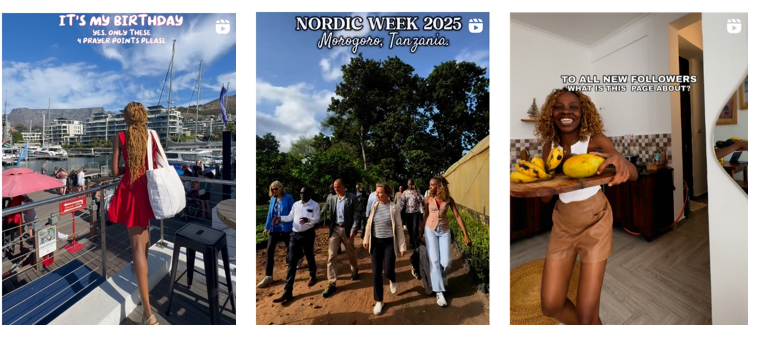
Some shots from Red's Instagram page. Source: red_higo
As Red's influence continued to grow, she attracted several paid collaborations with various organizations in Tanzania, such as Bean There Cafe, Refix-It, Burj Nails, CRDB Bank, and the Embassy of the Netherlands. Throughout her journey, she has remained consistently authentic, only working on projects that truly align with her mission.
As a result, she has become the go-to person for information on places, events, tips, and a thought leader on positivity and personal development. In her own way, Red has created her own corner of the internet with like-minded individuals that mutually support each other and seek to grow. Essentially, people are genuinely becoming better human beings because of her.
The power of social media in this era is becoming more and more evident every day. People can create and join communities, establish businesses from the ground up, and refine their missions through social media. What’s clear is that Tanzanian youth are not just online. They are online with intention. Whether through humor, art, fashion or activism, the way young people use social media today reflects a deeper shift in how they narrate who they are and what they care about. It’s not just a trend. It’s a cultural reset.
With the increasing development of technology and innovative features such as Artificial Intelligence, social media is revving up for a new wave of transformation.
What becomes clear from all these cases - from humorous meme pages to impactful personal brands - is that Tanzanian youth are not merely using social media, they are innovating through it. Social media has become a launchpad for businesses, a portfolio for creatives, a diary for storytellers, and a marketplace for ideas.
However, with these new opportunities come new emotional and psychological challenges. Many creators face burnout, constant pressure to share, and public scrutiny that can take a toll on mental health. At the same time, the connections built online, whether through shared stories, humor, or vulnerability, remind us that people are seeking spaces to be seen, heard, and understood.
Ultimately, the digital world is no longer a separate sphere from real life. As youth continue to redefine culture through their screens, they are also shaping the future. One that is more expressive, connected, and self-aware than ever before. This isn’t just a trend. It’s a cultural reset.
